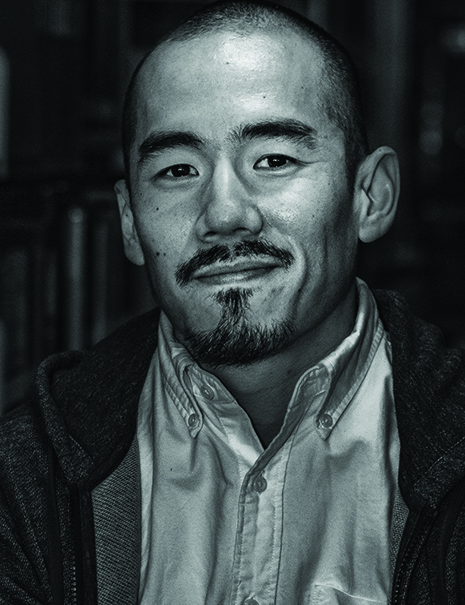
The “comfort women” issue is perhaps Japan’s most contentious present-day diplomatic quandary. Inside Japan, the issue is dividing the country across clear ideological lines. Supporters and detractors of “comfort women” are caught in a relentless battle over empirical evidence, the validity of oral testimony, the number of victims, the meaning of sexual slavery, and the definition of coercive recruitment. Credibility, legitimacy and influence serve as the rallying cry for all those involved in the battle. In addition, this largely domestic battleground has been shifted to the international arena, commanding the participation of various state and non-state actors and institutions from all over the world. This film delves deep into the most contentious debates and uncovers the hidden intentions of the supporters and detractors of comfort women. Most importantly it finds answers to some of the biggest questions for Japanese and Koreans: Were comfort women prostitutes or sex slaves? Were they coercively recruited? And, does Japan have a legal responsibility to apologize to the former comfort women?
Director’s Notes
Part of the problem with reporting on the comfort women issue is the genuine disdain Japanese liberals and nationalists have for each other, and the distrust the Japanese activists have of the Korean media and vice versa. Being a male, Japanese-American director allowed me access to interview Japanese nationalists, who regarded me as an unbiased, Japanese, rational male. Conversely, I was told by Korean and Japanese liberal activists that they may not have granted me an interview if I had been only Japanese, as they had bad experiences with the Japanese media in the past. Because of this, I feel privileged to have been able to make this film and feel a great sense of responsibility to present what I learned through my research and interviews with integrity.
Shusenjo: The Main Battlefield of the Comfort Women Issue comes at a time of increasing nationalism all over the world and polarization of news media.
Despite the comfort women issue being covered frequently in the news in both Japan and Korea, the issue isn’t given the depth of reporting that it desperately needs. The result is a general public in both countries that consumes information that, more often than not, supports their country’s stance on the issue, and creates a situation where mutual understanding and reconciliation is impossible.
While struggling to edit the film, it became clear to me why depth and balance are rarely found in films or reports on the issue, and that is because it is much less entertaining. There is a satisfaction or enjoyment in being reassured that our viewpoint is right, which is why news and documentaries are so one-sided these days. Shusenjo may be an uncomfortable film to watch for both liberals and conservatives, and it may feel overly detailed to viewers from the West, but it was important to de-sensationalize the issue and thoroughly address each of the
major arguments for Japanese people and Koreans who are seeking the truth. That being said, I tried to make the information as easily digestible as possible, and I hope that Shusenjo provides the depth of information and context that can lead to more productive discussions on the issue in the future.
Finally, Shusenjo focuses on the comfort women issue between Koreans and Japanese, as they are the most politically active groups; however, I feel it is important to mention that the comfort women system affected the lives of women from all over East Asia, including China, Taiwan, Philippines, Indonesia, Burma, Malaysia, East Timor and Micronesia. Therefore, this is not just a diplomatic issue between two countries, but an international human/woman’s rights issue that has implications on how we view violence against women during war.




Thank you for your interest in Shusenjo. If you would like to offer your support, we do accept donations. We accept donations through PayPal. Please see the link below.













